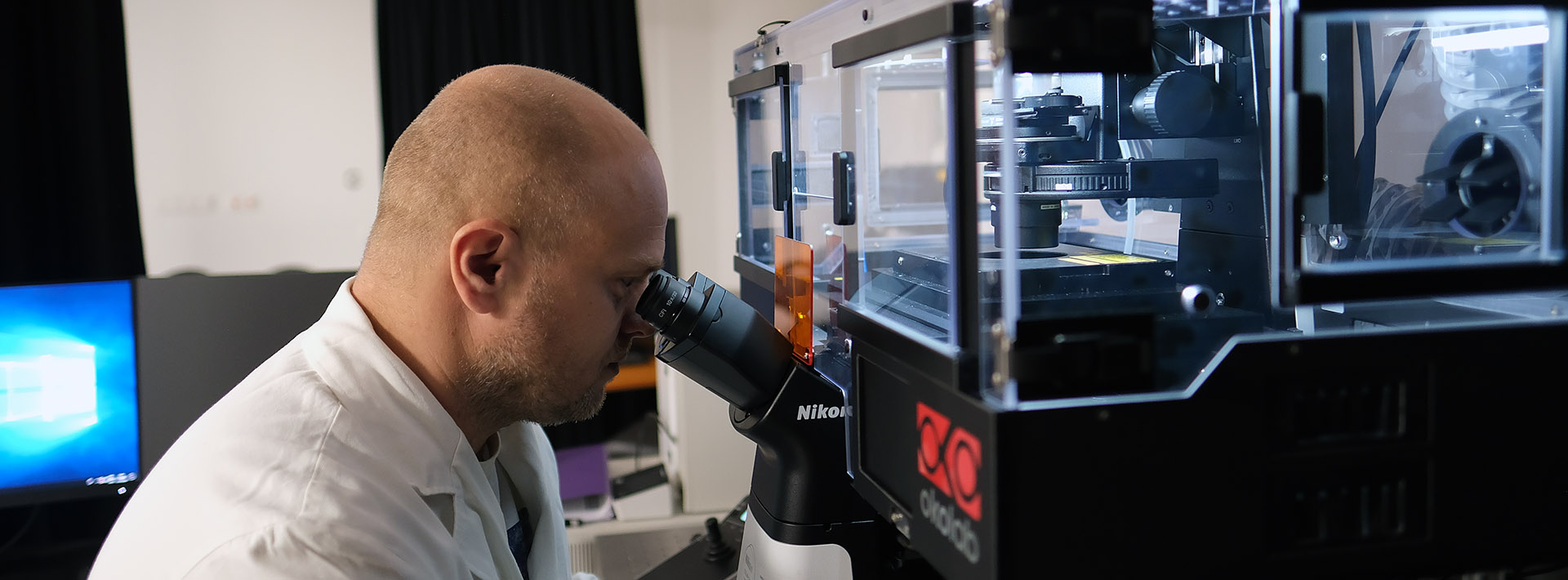Data
Official data in SubjectManager for the following academic year: 2024-2025
Course director
-
Cziger-Nemes Vanda Ágnes
assistant professor,
Institute of Physiology -
Number of hours/semester
lectures: 10 hours
practices: 2 hours
seminars: 0 hours
total of: 12 hours
Subject data
- Code of subject: OAF-JOE-T
- 1 kredit
- General Medicine
- Optional modul
- spring
OAA-EL2-T finished
Course headcount limitations
min. 5 – max. 30
Available as Campus course for . Campus-karok: ÁOK ÁJK BTK ETK KPVK GYTK KTK MK TTK
Topic
The physical, emotional, and mental resilience of practicing healthcare professionals is crucial for taking care of their own health, stress management, and to provide empathetic care to their patients throughout their careers. Regular yoga practice contributes to disease prevention and health by bringing the body into a state of balance, making it more resilient, increasing its flexibility and strength, thereby reducing the risk of injuries and supporting physical well-being. Breathing and relaxation techniques, healthy eating and sleeping habits effectively reduce stress levels, which is essential for preserving mental health and preventing lifestyle-related diseases. As a holistic approach and a popular trend, yoga deserves a prominent role alongside modern Western medicine as a supplementary preventive tool.
During the course, we systematically explore the system of yoga, and its proven physiological effects in view of the available literature. We compare the western, evidence- based methods with the ancient eastern knowledge in the prevention of disease. We get an insight into the different types of yoga traditions, and the blossoming modern yoga schools, which helps to decide which of them suits us, depending on our life cycle, energy level or present needs. On every occasion, we will try a new type of breathing exercise and meditation, and the two practical sessions will involve yogic poses (asanas) as well. Thus, students attending this course will get hands on experience regarding the beneficial effects of yoga, and later can guide their patients and acquaintances as a reliable source in the world of yoga and relaxation, recognizing its significance as a preventive method.
Lectures
- 1. The history and philosophy of yoga. The eight limbs of yoga. Modern schools and ancient traditions. - Cziger-Nemes Vanda Ágnes
- 2. Physiology of Asana, Pranayama, Mantra, Meditation, Bandha and Mudra. - Cziger-Nemes Vanda Ágnes
- 3. Yoga as a complementary medicine, a method of primary prevention. Eastern and Western approach to health and disease. Published research. - Cziger-Nemes Vanda Ágnes
- 4. Physiology of asanas, fascia lines. - Pajor Viktória
- 5. Physiology of pranayama, the breath regulation and its Eastern interpretation. Published research. - Cziger-Nemes Vanda Ágnes
- 6. Ayurveda, the indian holistic system. - Ráczné Mikó-Baráth Eszter
- 7. The yogic diet, role of diet in health and primary prevention in view of the scientific literature. - Ráczné Mikó-Baráth Eszter
- 8. Eastern and Western concepts of the mind. Meditation and yoga nidra - the yogic sleep. - Havasi Marianna
- 9. Yoga and mental health, improving mental resilience. - Havasi Marianna
- 10. Role of yoga in different life cycles, from prenatal to senior yoga. - Cziger-Nemes Vanda Ágnes
Practices
- 1. Practice - Cziger-Nemes Vanda Ágnes
- 2. Practice - Cziger-Nemes Vanda Ágnes
Seminars
Reading material
Obligatory literature
Literature developed by the Department
Lecture material will be handed out in the Teams group of the course.
Notes
Recommended literature
B.K.S. Iyengar: The path to holistic health.
B.K.S. Iyengar: Light on yoga.
Tara Fraser: Total Yoga For You: A Step-by-step Guide to Yoga at Home for Everybody.
Conditions for acceptance of the semester
No more than 25% absences and passing the exam.
Mid-term exams
Oral examination during the last lecture, which, if missed can be compensated on the given week.
Making up for missed classes
Based on individual arrangement.
Exam topics/questions
Written essay and oral questions from the lecture material.
Examiners
Instructor / tutor of practices and seminars
- Cziger-Nemes Vanda Ágnes
